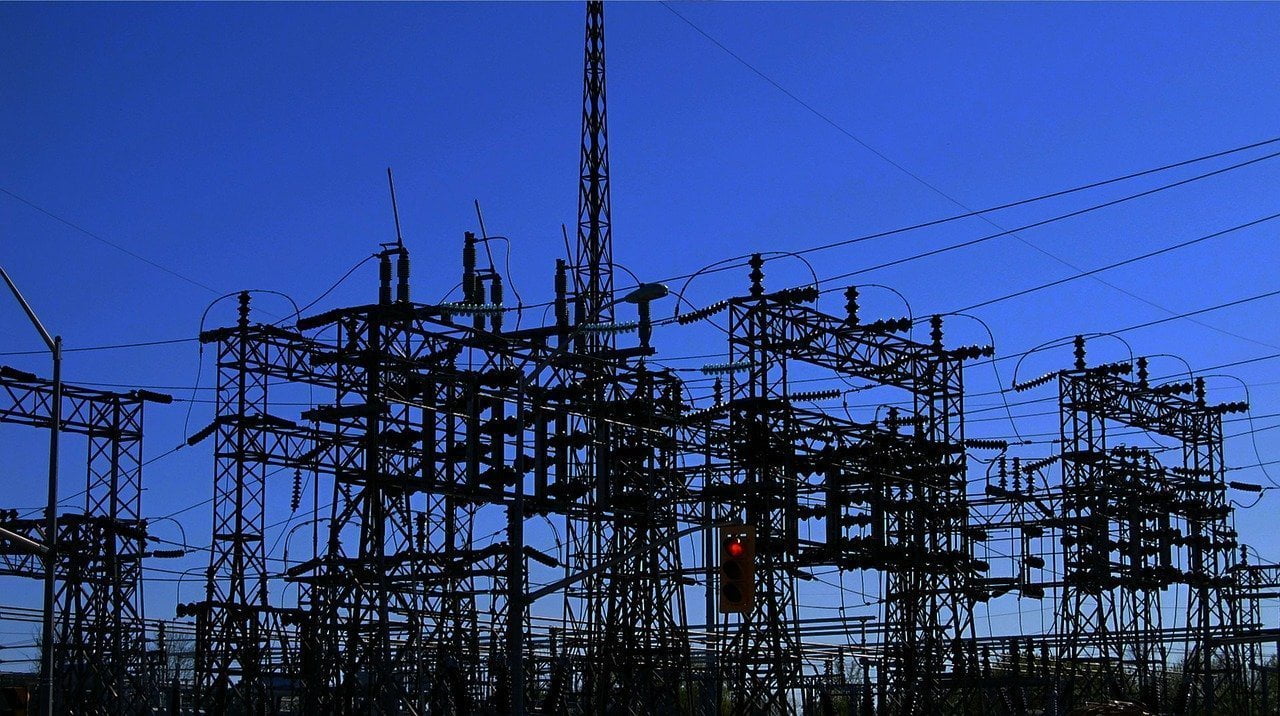Smaller energy retailers have sounded the alarm over the Federal Government’s National Energy Guarantee, stating that it could have “dire consequences” on the market, including higher electricity prices.
The Energy Security Board has come under increasing pressure to explain the workings of the NEG ahead of the Council of Australian Governments Energy Council meeting next month.

In the meantime, generators, retailers, and industry players have made their proposals to the government for the system which will replace Chief Government Scientist Alan Finkel’s Clean Energy Target.
The claim was made by the 10 retailers who represent 10 percent of the National Electricity Market – including ERM Power, 1st Energy, Covau, Locality Planning Energy, Energy Locals, Click Energy, Winconnect, Next Business Energy, Globird and Bluenrg.
Sweeping changes through the NEG could lead to higher electricity prices
They said that while the transition to renewable energy was inevitable, it would not be simple or cheap to implement and could lead to higher electricity prices.
The 10 retailers said that the imposing sweeping changes on retailers could be costly and could have dire consequences.
In a letter to the security board, CEOs stated: ““The temptation may be to make major, sweeping changes, however, there must be recognition that huge amounts of low-emissions electricity [3800 megawatts] are coming online in the next few years in the form of renewables projects, in addition to 40,000 megawatts of proposed build which includes Snowy Hydro 2.0.”
Costly changes could lead to higher electricity prices and dire consequences
“There is currently no forecast reliability gap. Technology is likely to make today’s issues moot within five years. We need to proceed with caution to avoid making significant, costly changes that have dire consequences.”
The 10 retailers said that holding them responsible for generator reliability, emissions and investment was a misplaced risk that poses a range of market implications.
The letter said the proposal by the government to put obligations on them was “perverse”, saying they should be replaced with good forecasts and targets which provides signals to the market where to invest, with a safety net as a procurer of last resort.
The retailers have suggested using existing financial markets saying it would be a big risk to hope new secondary liquid markets would be able to facilitate energy contracts and supply.
Retailers concerned about emissions targets
Retailers are concerned that the Federal Government will set an emissions target on the electricity sector as a replacement for the Renewable Energy Target when it finishes in 2020.
Coal power advocate and founder of ERM Power, Trevor St Baker, said his main objection to the NEG was that responsibility for sourcing generation was placed with electricity retailers rather than with the generators themselves.
He said that this approach undermines one of the fundamental design attributes of the NEM that sustains competition and competitive prices.
Mr St Baker said the system would give even more market power to the three major generator-retailers and push prices up because it would diminish the successful pool structure of the NEM and increase compliance costs.
He argues that responsibility for emissions reductions and the availability of “dispatchable” generation lies with the power producers.
NEG is a ‘woefully inadequate response’ to threat of climate change and reliable, affordable power – Climate Council
The Climate Council said the NEG was a “woefully inadequate response” to the urgent threat of climate change saying it fell short when it came to delivering reliable and affordable power.
The Climate Council told the Energy Security Board that the federal government’s proposed emissions reduction target for the electricity sector of 26 percent by 2030 under the NEG did not go far enough.
Under the current proposal, that 26 percent figure would be locked in beyond 2030 because the mechanism requires five years advanced notice for further changes.
The Climate Council echoed the fears of smaller retailers, saying that the NEG’s introduction could increase the market power of larger energy companies.
The Climate Council also had concerns about the NEG entrenching the market power of the large energy companies. It also said the NEG would restrict state and territory action on climate change after saying state renewables policies should contribute to, but not exceed the NEG emissions target.










